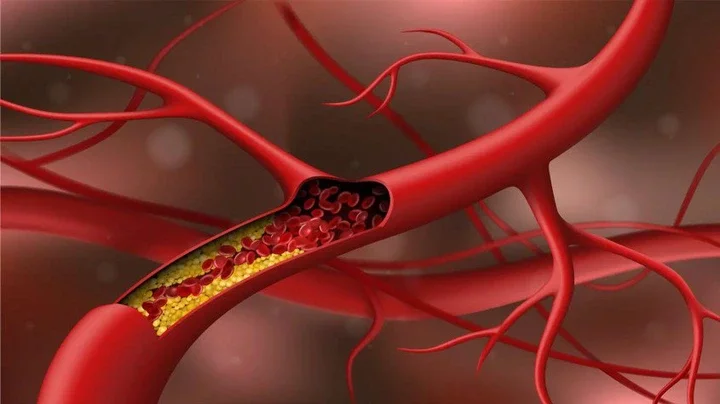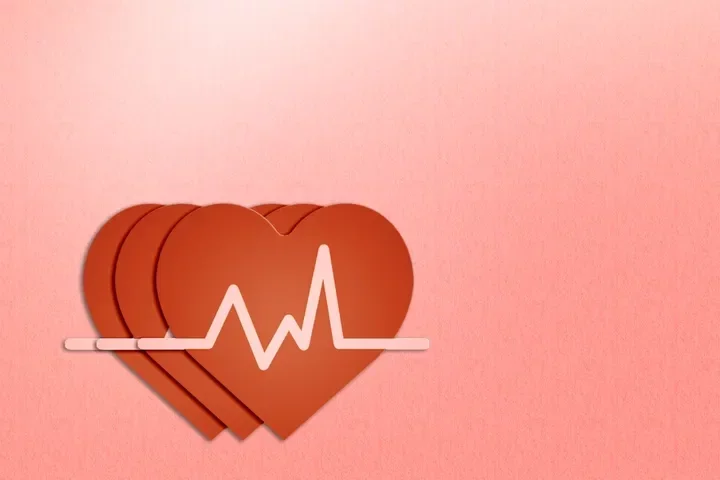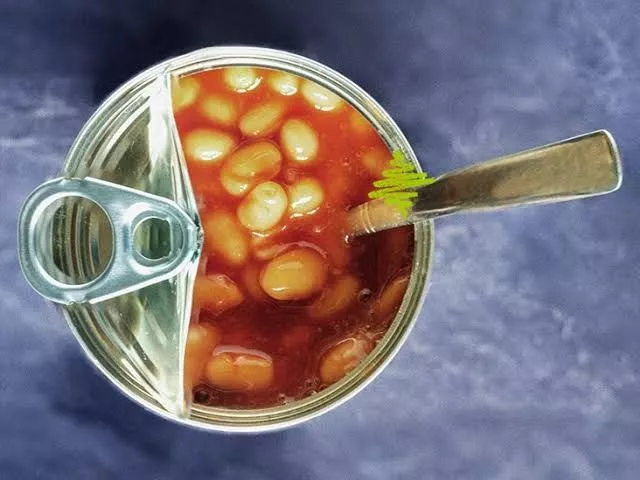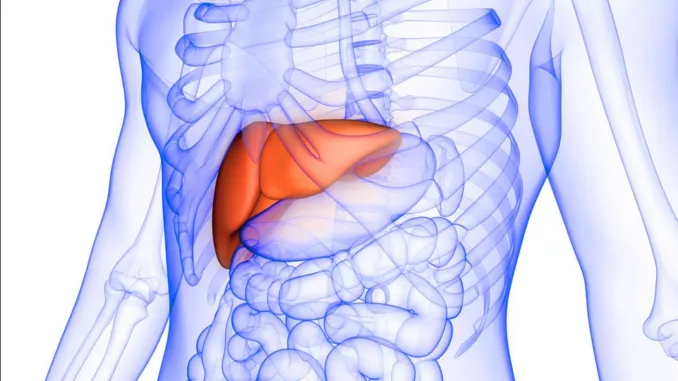
Heart disease remains a leading cause of death globally, and trans fats are a significant contributor to this health crisis. These unhealthy fats, often lurking in processed foods, can elevate bad cholesterol levels while lowering good cholesterol, increasing the risk of cardiovascular issues[1]. Many people are unaware of the hidden dangers of trans fats in everyday items like baked goods, snacks, and margarine. Understanding how to identify and avoid trans fats is crucial for maintaining heart health and reducing the risk of heart disease[2].
What Are Trans Fats?
Trans fats are a type of unsaturated fat that can be artificially created through a process called hydrogenation, where hydrogen is added to liquid vegetable oils, transforming them into solid fats[3]. This process enhances the shelf life and stability of products, making them more appealing to food manufacturers. Common sources of trans fats include margarine, shortening, and many processed foods like baked goods, fried items, and snack foods[1]. Manufacturers favor trans fats for their ability to improve texture and extend the shelf life of products, despite their health risks[3].
Health Impacts of Trans Fats
Consuming trans fats negatively impacts health by raising bad cholesterol (LDL) levels while lowering good cholesterol (HDL), significantly contributing to heart disease[2]. These unhealthy fats also promote inflammation in the arteries, further increasing cardiovascular risks[4]. Additionally, trans fats are linked to other serious health issues, including obesity and diabetes, as they can lead to insulin resistance and weight gain[6]. The cumulative effects of these health risks underscore the importance of avoiding trans fats to maintain overall well-being and reduce the likelihood of chronic diseases[1].
How to Avoid Trans Fats
To avoid trans fats, it's essential to read food labels carefully. Start by checking the ingredient list for partially hydrogenated oils, as these indicate the presence of trans fats[5]. Be aware that products labeled as "0 grams of trans fat" can still contain small amounts, typically less than 0.5 grams per serving, which can add up if consumed in larger quantities[5]. Therefore, it's crucial to remain vigilant about your food choices and opt for healthier alternatives to protect your heart and overall health[2].
Healthier Alternatives
To replace trans fats in your diet, consider incorporating healthier fat options such as monounsaturated and polyunsaturated fats, which can be found in olive oil, avocados, and nuts[8]. Cooking at home allows you to control ingredients and avoid harmful trans fats commonly found in processed foods. When preparing meals, opt for healthier cooking oils like olive oil, avocado oil, or coconut oil instead of margarine or shortening[8]. These alternatives not only enhance flavor but also provide essential nutrients that support heart health and overall well-being.
Making Healthier Choices When Eating Out
When eating out, it's important to make healthier choices to avoid trans fats. Be cautious of fried and baked foods, as they often contain high levels of trans fats that can harm your heart health[7]. Don't hesitate to ask restaurant staff about the oils they use in cooking; many establishments are willing to provide this information. Instead of choosing fried items, opt for grilled or baked options, which are typically lower in unhealthy fats and can be just as delicious while supporting your overall well-being[7].
Take Action for Your Heart Health
I encourage you to take an active role in reducing trans fats in your diet. Start by checking the food labels in your pantry for any hidden trans fats, and consider making a commitment to reduce or eliminate them from your meals[5]. By being mindful of your choices, you can significantly improve your heart health and overall well-being. Remember, even small changes can have a positive impact, leading to a healthier lifestyle and a reduced risk of heart disease. Your heart will thank you for it!
Conclusion
We've discussed the dangers of trans fats and their detrimental impact on heart health, highlighting the importance of making informed dietary choices. By being vigilant about food labels and opting for healthier fats, you can significantly reduce your risk of heart disease[8]. If you found this information valuable, please share this post to help raise awareness about the risks associated with trans fats. Additionally, feel free to explore our related content for more insights on healthy eating and maintaining a balanced diet.

















Comments